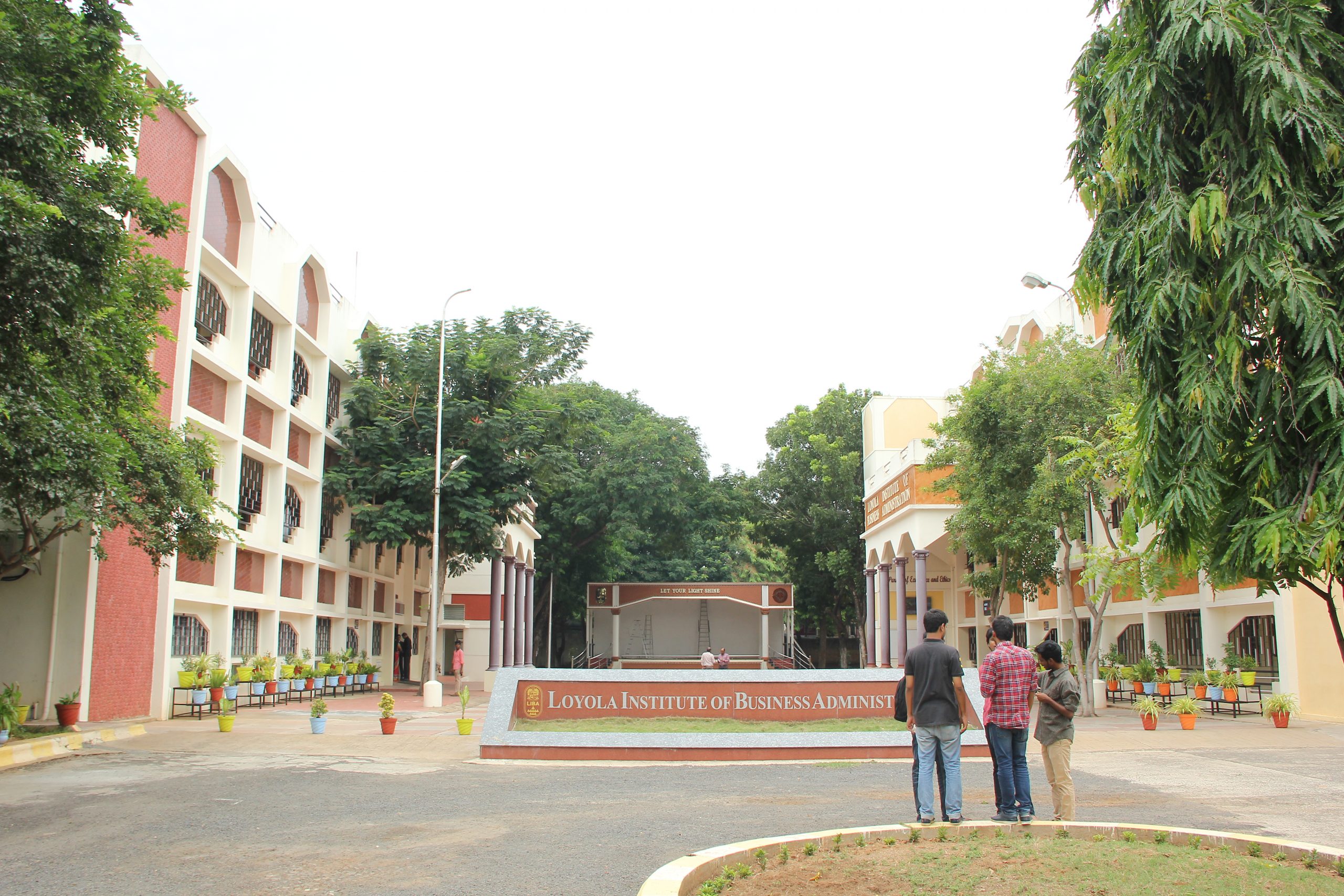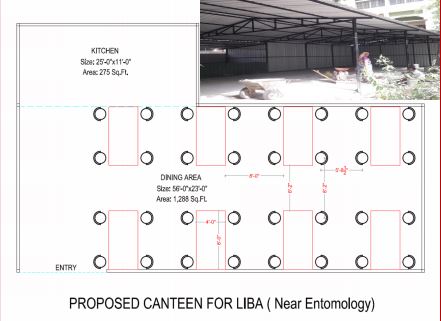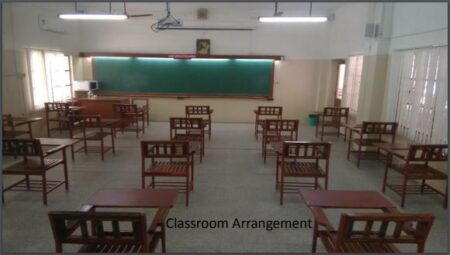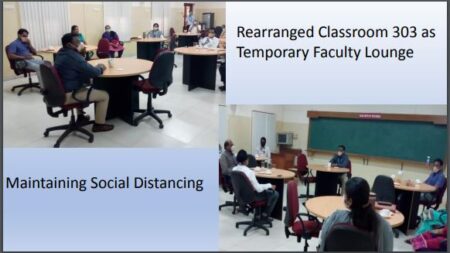
The COVID-19 pandemic and the ensuing nationwide lockdown announcement has dealt a massive blow to the educational activities in the country. With the restriction on reopening of the colleges, the students were all of a sudden pushed towards eLearning and made to let go of the general classroom environment. The same had been the case with students at Loyola Institute of Business Administration (LIBA). The sudden decision of the government caused significant stress to several students, but with the active involvement of the institution’s management and faculty, most of the doubts being faced by the students were effectively dissuaded.
Now, as the lockdown stage has ended and the process of “unlock” has commenced, LIBA has started upgrading and adjusting the infrastructure to meet the safety guidelines as and when the institute reopens. The safety of the students and faculty members is paramount for the institute, and all steps will be taken to eliminate any chances for the resurgence of the infection. Following are some of the steps that have been initiated after careful risk-assessment by LIBA.
Join the Official LIBA Chennai Admissions 2020-22 group to ask any queries.
1. How are you going to manage the Entry Points of the college in the wake of COVID 19?
The entry points of the college will be given proper attention to identifying any infected individual before they can enter the premises. Therefore, gates will be installed at two entry points wherein the medical screening facility will be provided by the Apollo group. Moreover, the authorities will carry out a rigorous screening process at every entrance, and only those candidates will be allowed entry who have passed the screening test. A special waiting area would be demarcated until the results are verified.
The screening process will be carried out at regular intervals during the day. If any symptoms are spotted, the individual would be immediately sent back home to be placed under self-isolation.
2. How will social distancing be maintained at different infrastructural setups?
The COVID-19 pandemic has made students question whether they would be able to study in a healthy and safe atmosphere post the reopening of colleges and schools. Keeping the safety of students in mind, the management at LIBA would implement robust strategies to maintain social distancing norms in different infrastructural setups.
The three major areas identified as focal points in the strategy are the classrooms, the faculty lounge and the canteen. These areas witness regular social interaction, and therefore the community infection can take place inadvertently. Therefore, plans to implement social distancing norms have been devised. For instance, the seating arrangement in classrooms and labs will be a maximum of 3 students per table. The class timings would be staggered, and hence during the breaks, large groups of students will not be allowed to come in contact with each other. Moreover, students capable of attending classes either online or offline, according to the aptitude, will be identified, and the teaching process would take place according to their capabilities.


One of the classrooms, i.e. Room No. 303, has been converted into a temporary staff lounge with appropriate setup for ensuring social distancing amongst the faculty members. Apart from this, the canteen would allow pre-ordering and circles would be drawn on the path leading to the billing counter to allow students to maintain an adequate distance from one another. Cleanliness and sanitization process will be applicable to all the staff members working in the canteen.

3. What are the different sanitization rules that are being followed?
One of the essential steps to curb the flow of infection from one person to another would be to strictly implement sanitization rules across the campus. It would also be ensured that cleaning and sanitization activities are conducted at regular intervals during the day.
The management has drawn cleanliness and sanitization rules for different areas of the campus. Maintenance staff will be cleaning the door handles, window panes, and floors of the classrooms regularly. A roster will be implemented for regular cleaning of the laboratory equipment, floor, door handles, in the labs. The library racks, floor, the furniture will also be sanitized at regular intervals as per the roster.
Other key areas identified by the management for regular sanitization are the restrooms. Soaps and handwash will be available, and the area would be cleaned using disinfectants after every break. The lifts will also undergo a similar cleaning process after every break. Proper signage will be placed in the lifts specifying the maximum number of individuals allowed at any given point in time. The staircase and handrails would be cleaned using a disinfectant as well before and after a break.
4. What is the monitoring mechanism that is being followed at the premises?
The implementation of social distancing and sanitization rule will significantly reduce the chances of infection. However, it is necessary to monitor the activities of students, staff and other workers regularly to ensure that the virus does not spread through community transmission. As a result, an SOP system will be implemented to monitor the activities of all individuals within the campus arena. The administrative staff would be positioned in areas like OAT, quadrangle, canteen, grounds etc. to ensure the practice of social distancing norms. Administrators will also ensure that the cleanliness and sanitization drive takes place at regular intervals.
The security system would be made rigorous to adhere checking process at every entrance and log the respective entries. The suspected cases with the infection symptoms will not be allowed to enter the campus premises and would be directed towards the nearest medical facilities. Moreover, adequate signage will be displayed across the campus with precautionary guidelines and steps.

To avoid transmission, universities and schools across the globe are using different platforms, such as Zoom and Google Hangouts, for conducting online classes. Such virtual classes have been a good alternative for physical classes and preserve the culture of education in such precarious circumstances. LIBA has also moved it’s classes online to ensure that there is no disruption in the academic schedule as well as a smooth transition into the virtual learning mode.
The classes for second year are scheduled to resume in July via virtual mode.
While the times ahead may be tough, but with proper implementation of the plan, management at LIBA aims to deliver a safe and secure environment to the students and help them continue their education in a seamless manner.
Join the Official LIBA Chennai Admissions 2020-22 group to ask any queries.
